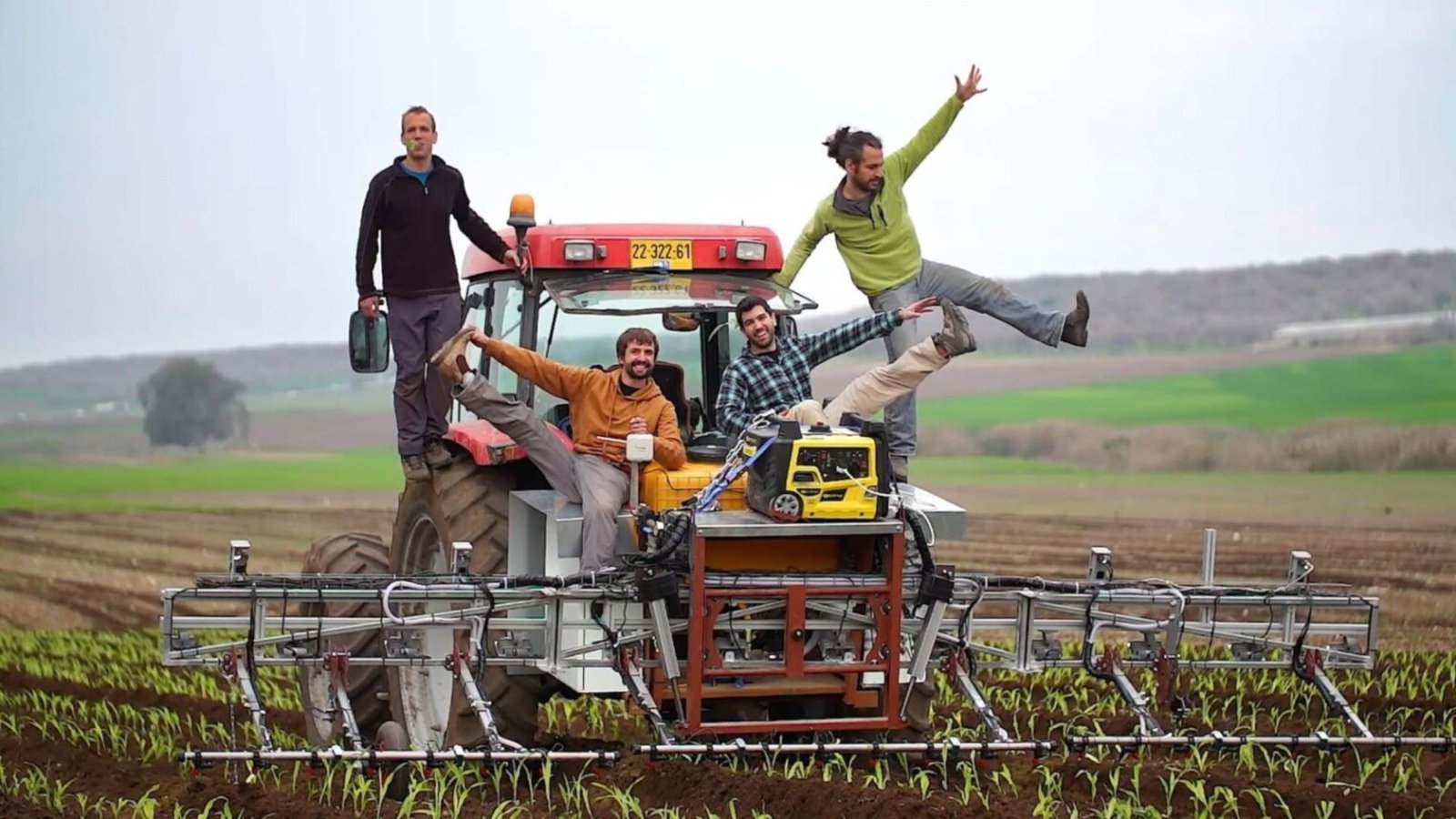Jewish agricultural practices have long been influenced by religious laws and traditions, with a focus on sustainable and ethical farming. In recent years, technology has played a significant role in transforming these practices, enhancing efficiency, productivity, and adherence to Jewish laws. This article explores how modern technology is impacting Jewish agriculture, integrating traditional practices with contemporary innovations.

Technology and Sustainable Farming
Sustainable farming is a key component of Jewish agricultural practices, rooted in principles such as “bal tashchit” (do not waste) and “shmita” (the sabbatical year). Technology has enhanced these practices by promoting more efficient and environmentally friendly farming methods.
- Precision Agriculture: Precision farming technologies, such as GPS-guided equipment and soil sensors, enable farmers to optimize resource use, reduce waste, and increase crop yields. These technologies align with the Jewish principle of minimizing waste and making the most efficient use of resources.
- Water Management: Advanced irrigation systems, including drip irrigation and automated scheduling, help conserve water and improve crop health. This innovation supports the Jewish value of responsible stewardship of natural resources, ensuring that water is used wisely and sustainably.
Technological Solutions for Observing Agricultural Laws
Jewish agricultural laws, such as those related to “terumot” (tithes) and “ma’aser” (tithing), require careful adherence to ensure that produce is handled in accordance with religious requirements. Technology has streamlined the process of observing these laws.
- Digital Record-Keeping: Software and apps designed for agricultural management can track tithing and produce segregation, ensuring compliance with religious requirements. These tools help farmers maintain accurate records and make informed decisions about their crops.
- Automated Systems: Automated sorting and processing systems can help manage produce according to religious laws, such as separating and labeling produce for tithing. These systems reduce the potential for human error and ensure that all religious requirements are met.
Innovations in Organic and Kosher Farming
Organic and kosher farming practices are central to Jewish agricultural traditions. Technology has played a crucial role in advancing these practices, ensuring that they meet both religious standards and modern consumer expectations.
- Organic Certification: Technology aids in the certification of organic produce, including tracking and verifying compliance with organic farming standards. This ensures that kosher organic produce meets both religious and environmental criteria.
- Kosher Certification: Technology has simplified the process of kosher certification by providing tools for verifying the kosher status of ingredients and processing methods. This includes using barcodes and digital databases to ensure that all products adhere to kosher standards.
Enhancing Community and Education
Technology is also impacting the way Jewish agricultural knowledge is shared and taught within the community.
- Online Resources and Education: Virtual platforms and online courses have made agricultural education more accessible, providing farmers and enthusiasts with resources on traditional and modern practices. This includes learning about the intersection of technology and Jewish agricultural laws.
- Community Engagement: Social media and online forums facilitate discussions and knowledge sharing among Jewish farmers and agricultural experts. These platforms help build a community of practice that supports the integration of technology with traditional agricultural values.
Challenges and Considerations
While technology offers numerous benefits, it also presents challenges that must be addressed within the context of Jewish agricultural practices.
- Balancing Tradition and Innovation: Integrating technology with traditional practices requires careful consideration to ensure that innovations do not undermine religious principles. For example, technology must be used in a way that respects the sanctity of agricultural laws and traditions.
- Ethical Concerns: The use of technology in agriculture raises ethical questions, such as the impact on workers and the environment. Jewish ethics call for responsible use of technology that promotes fairness, environmental stewardship, and the well-being of all involved.
Conclusion
Technology has significantly impacted Jewish agricultural practices, offering tools and innovations that enhance sustainability, efficiency, and adherence to religious laws. By integrating modern advancements with traditional values, Jewish farmers can uphold principles such as conservation, responsible stewardship, and ethical practices. As technology continues to evolve, ongoing dialogue and reflection will be essential to ensure that it aligns with the core values of Jewish agriculture.




